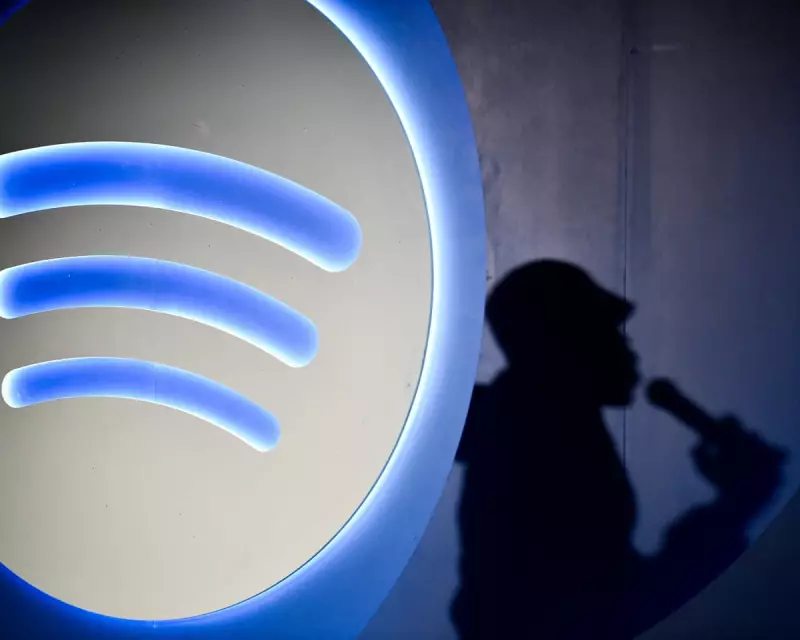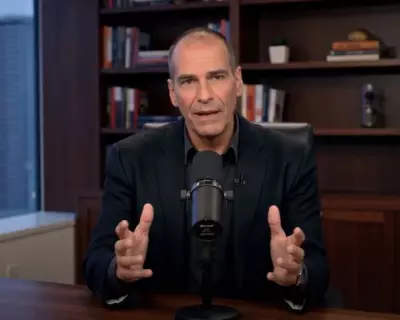
The landscape of popular music is facing an unprecedented disruption, not from a new genre or artist, but from artificial intelligence. In a startling development that signals a potential sea change for the creative industries, three AI-generated songs have recently topped Spotify's 'Viral 50' charts.
The Rise of the Robot Pop Star
Gone are the days when making music required years of honing a craft. Today, a pre-teen with an idea can input a string of words into a machine and receive a fully-formed, catchy tune in return. This new reality was cemented when tracks created by entities like 'Broken Veteran' and 'Breaking Rust' achieved viral success. One of these 'creators' defended the use of AI, telling The Guardian that it acts as 'just another tool for expression', particularly for those without formal musical training.
This argument, however, is met with deep scepticism. Critics draw a sharp parallel: if you purchased a robot to hit home runs for you, could you legitimately call yourself a baseball player? The act of creation, they argue, is being fundamentally hollowed out.
Democratisation or a Deluge of Slop?
Proponents of AI art frequently use the term 'democratisation', suggesting these tools break down barriers to creative expression. Yet, this perspective is challenged by the sheer volume of content now being produced. Thousands of AI songs are uploaded to the internet every day by individuals who are not musicians in the traditional sense.
This leads to a critical question: in a world where Spotify already hosts over 100 million songs, what is the value of adding thousands more daily? The concept of curation is being sacrificed at the altar of endless content, creating a 'goopy stew of garbage' where finding quality becomes a Herculean task.
The Tyranny of Scale
At the heart of this issue lies a single, terrifying concept: scale. Corporations in the media and entertainment sectors prioritise size and volume over quality and curation. More content—be it songs, TV shows, or movies—translates directly into more monetisation opportunities through increased clicks, watch time, and platform engagement.
Streaming services like Netflix have explicitly stated that 'engagement (i.e. time spent) is our best proxy for member joy.' This metric-driven approach reduces human experience to data points on a spreadsheet, where the two minutes spent listening to a nonsensical AI track like 'That Fart Woke Me Up' is counted as a success, regardless of the user's actual enjoyment.
The Real Cost: Abdicating Our Creative Voice
The ultimate tragedy of the AI revolution in creativity is the relegation of human experience. When an individual uses AI to generate a song about self-expression and perseverance—a theme that is profoundly human—the irony is palpable. The machine becomes a mediator, doing the talking for you.
Technology was once seen as an instrument that amplified our creativity, from the pencil to the personal computer. Now, artificial intelligence risks interrupting our creative dreams altogether. It is not a tool for empowerment but a 'wet nurse' that does the work for us. If we no longer need to learn the skills to write or make music, what becomes of our creative lives? The answer, for now, seems to be an endless, and perhaps dreadful, consumption of content.





